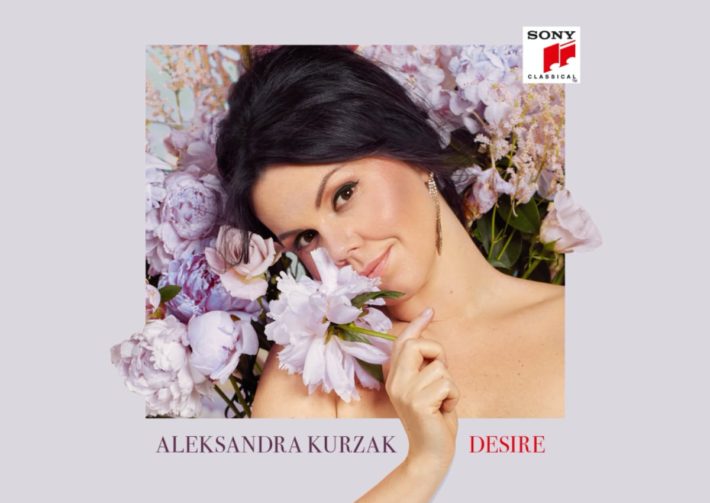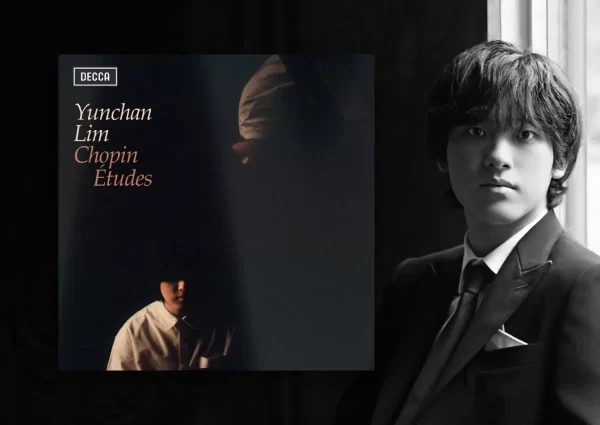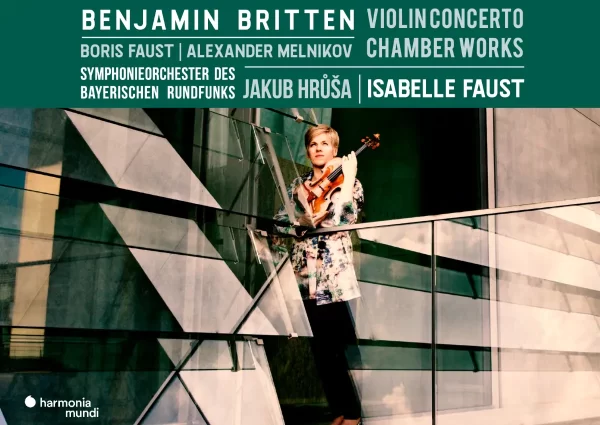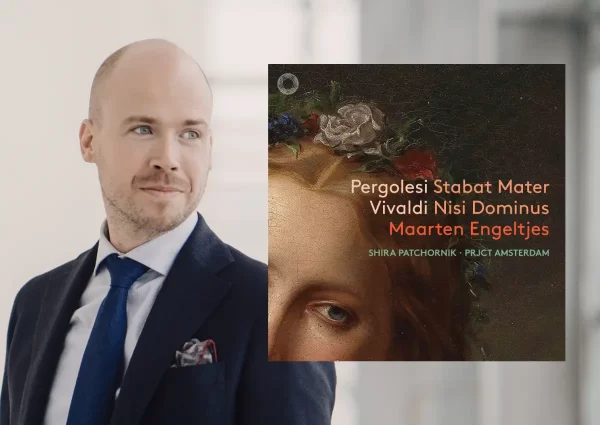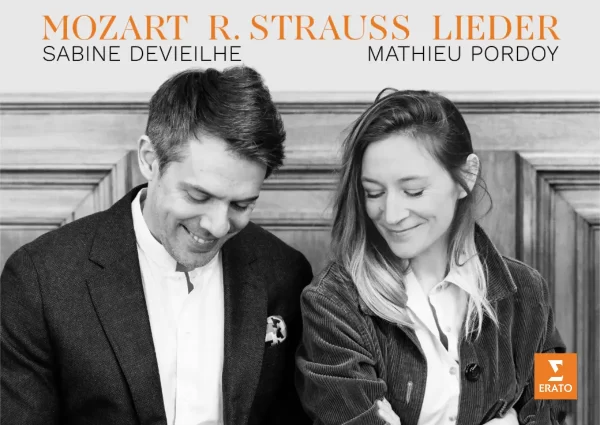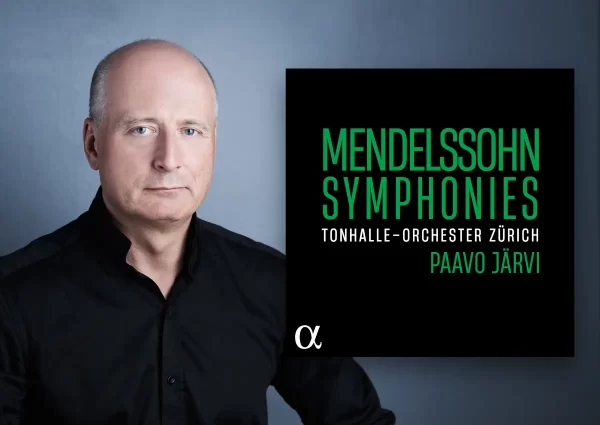“Desire”, Aleksandra Kurzak’s latest release, is what she calls a “goodbye to the lighter repertoire” of the first two decades of her career. Indeed, this album showcases a powerful and versatile singer, with arias and roles by composers the soprano hasn’t recorded before.
What makes this album enjoyable is also her consideration of musicality above flashiness. Many of these songs are so emotive in nature that it is easy to exert too much to the point of sounding monotonous or to overwhelming the listener. Kurzak has a wide range in her vocal technique that allows her to infuse different characters into her performances. Consider Vissi d’arte (track 3): the entire aria has a well-conceived structure. She creates a large-scale arc by balancing moments of tenderness and passion. This creates a suspenseful tension that builds up nicely to the high point at 2’28”. The subsequent diminuendo is beautiful, releasing the power and energy of the previous moment into a delicate conclusion.
The famous Un bel di vedremo (track 8) shows the singer’s solid breath control and pleasantly sostenuto lines throughout. Despite the dramatic nature of the writing, she doesn’t push lines forward unnecessarily and instead lets us savor Puccini’s decadent writing. Hear how Kurzak shows good care in treating each part of the phrase as important. She takes the time to end lines before going on to the next one, which effectively sets up character contrasts.
Related Classical Music Reviews
- Review: “The Divine Muse” – Mary Bevan – Soprano, Joseph Middleton – Piano
- Review: “Paradise Lost” – Anna Prohaska, Julius Drake
- Review: Barbara Hannigan – “La Passione”
Although these selections all clearly feature the singer as a virtuosic force, the orchestra also deserves mention for its lovely collaboration. Many of the tracks feature moments of impeccable synchronicity between soloist and ensemble. In the aria from Dvorak’s “Rusalka” (track 6), the orchestra matches, if not mirrors, the singer’s phrasing and rubato. I also felt that Kurzak here had better control of her vibrato than in the Carmen aria, which further accentuated the lyricism of both forces.
Just a few of the arias, perhaps, are a bit weaker than the rest. turning once again to “Qual fiamma” from “Carmen” (track 4), it lacks a consistent clarity of diction: Maria Callas’ 1954 version with Orchestra del Teatro alla Scala not only has more articulated enunciation, but also more varied emphasis on certain words and syllables. This makes her opening particularly arresting, as it contributes to an effective juxtaposition of fiery passion and coy romance.
The aria from “Eugene Onegin” (track 12, 8’00” onwards) has a lovely performance from Kurzak, but it’s a shame that the french horn solos are a somewhat of a distraction. This is due to an ungainly rubato which doesn’t really make sense in the context of the line. This horn solo in Anna Netrebko’s recording with the Mariinsky Theater Orchestra is much better aligned with the phrasing and tempo of the piece in general. Though both singers themselves deliver convincing performances, it’s interesting here to note how the difference in their vocal timbres changes the character of the piece. Kurzak’s voice is a little brighter and lighter, depicting a yearning and hopeful Tatyana; Netrebko’s voice is complex and full-bodied, and thus her Tatyana is more introspective and wistful.
Throughout, Kurzak’s voice has a weight to it – not in the unwieldy sense, but in that she possesses a definitive presence that can stand up to a full orchestration. The liner notes are a nice addition and share some of the singer’s own reflections behind the arias she has featured. Overall, this is a solid effort from Kurzak and a delightful listen.

“Desire” – Arias by Verdi, Puccini, Bizet, Leoncavallo, Dvorak
Aleksandra Kurzak – Soprano
Morphing Chamber Orchestra, Vienna
Tomasz Wabnic – Conductor
Sony Classical, CD G0100042147823
Read more classical music reviews or visit The Classic Review Amazon store
Follow Us and Comment:
Get our periodic classical music newsletter with our recent reviews, news and beginners guides.
We respect your privacy.

